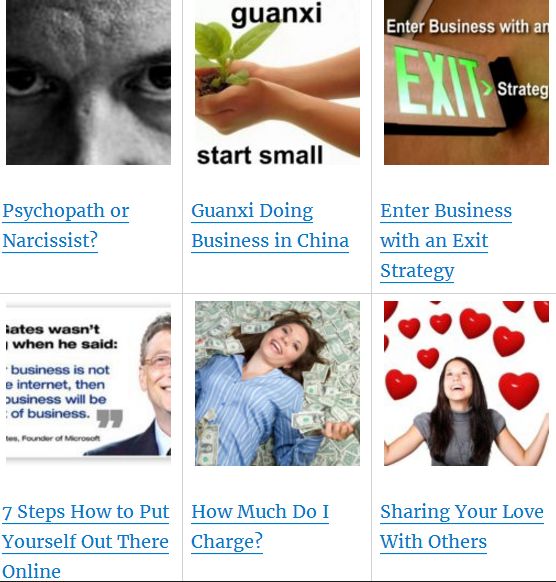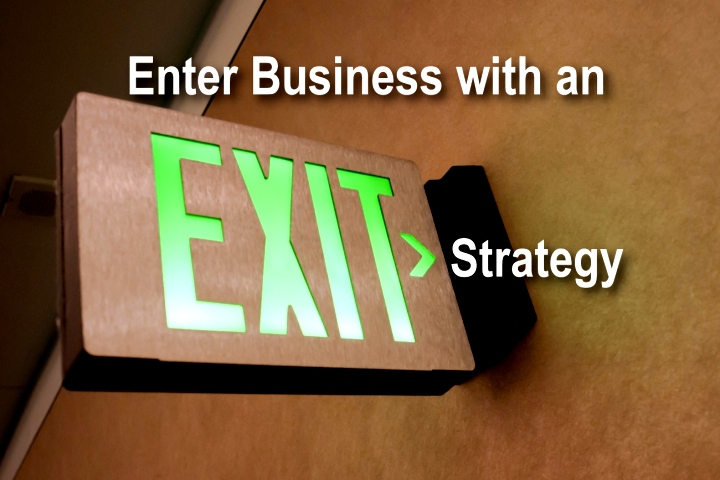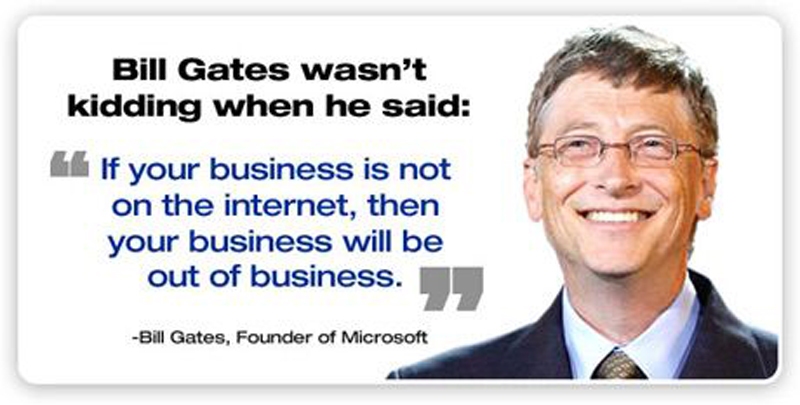You may find yourself dealing with the confusion surrounding wants and needs. In your mind, you have a pretty good idea what you want to have or experience in this life. Then there’s the greater part of you (that can be somewhat illusive) knowing what experiences in life you need which are meant to bring you the greatest benefit for your life and affecting the lives of those around you. It’s no wonder you experience some conflict trying to balance what you want versus what you need.
Needs
Certainly you have elemental needs we can all agree on, like air, water, food, clothing, shelter and sex (I know, we all have different ideas about sex, but let’s face it, if it wasn’t for sex we wouldn’t be here).
Then there are the things that we want. Our wants are categorized and prioritized by our personal preferences. The higher the priority, the more associated with need what you wants becomes.
Highest Priority
For instance, we all want to have a sense of being safe and secure, have a certain degree of health, wellbeing, and most of us have a longing to be loved. Love is a spectrum which runs from one end representing the admiration for a pet or someone on the fringe of our circle of acquaintances to the other end representing selfless or obsessive admiration and devotion. There is something about love, being loved, giving and receiving love and not quite being able to achieve a level we feel so enthusiastic about obtaining that drives us to extremes.
Of course we have other psycho-emotional desires, like respecting ourselves and being respected by our peers, feeling that our life has some sense of meaning, and that we may be able to contribute in some way to the greater good.
Other Preferences
Some of the other preferences that most of us share include wanting a sense of justice for what is right and what is wrong, a feeling of being unique to one’s self distinguishable from others, while maintaining a sense of camaraderie, self-reliant or independence while feeling as though you are part of a greater group of people, we desire a sense of accomplishment or accumulation of material things, admiration or status among our peers, and if wronged, we want to be vindicated or destroy our enemies.
What Makes You Feel Good?
Above all, we just want to feel good, and fortunately, our society revolves your desire to feel good. In fact, it creates environments to promote a sense of not feeling good, to maintain you in a perpetual state of dissatisfaction so that you are constantly supporting the commercial machine in a furious attempt to find something to make you feel good.
Atop the list of things that make us feel food (though momentarily) are money, drugs and sex. It is generally accepted among the ranks of Americans that money can solve most problems and the more of it one has, the more sense of satisfaction and happiness can be attained. Drugs (or any addictive stimulant, including alcohol, tobacco, chocolate and obsession with various other foods) can offer a false sense of wellbeing, calm or pleasant feeling in solace, and sex (especially when accompanied by orgasm) gives us that emotional high without the use of drugs. These things make us feel good, whether we like it or not.



































